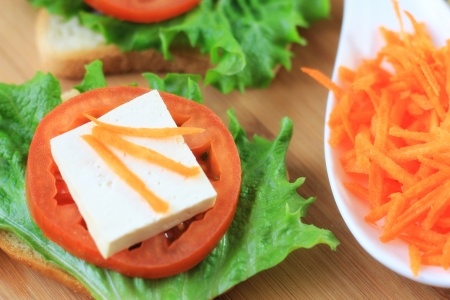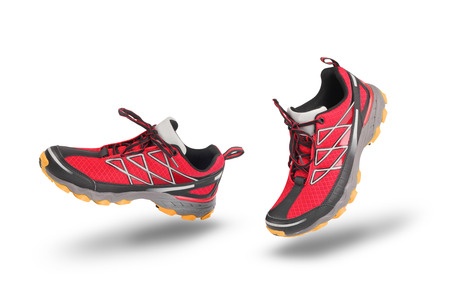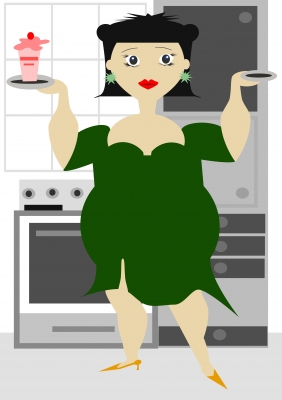Keto or Whole Food Plant Based – which is better for weight loss?
When it comes to weight loss, both Keto (Ketogenic Diet) and WFPB (Whole-Food Plant-Based Diet) can be effective—but which one is “better” depends on your body, lifestyle, and long-term sustainability. Here’s a comparison to help: Keto Diet (Low-carb, high-fat) How it works: Pros: Cons: Who it may suit: WFPB Diet (Whole-food, plant-based) How it works: … Read more








